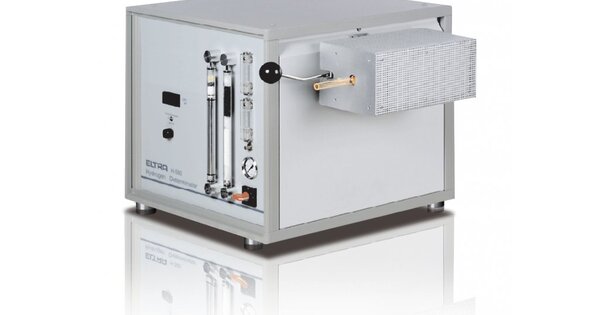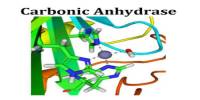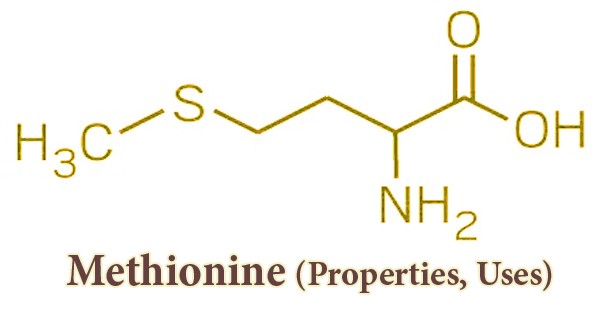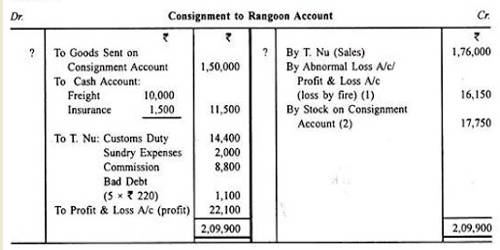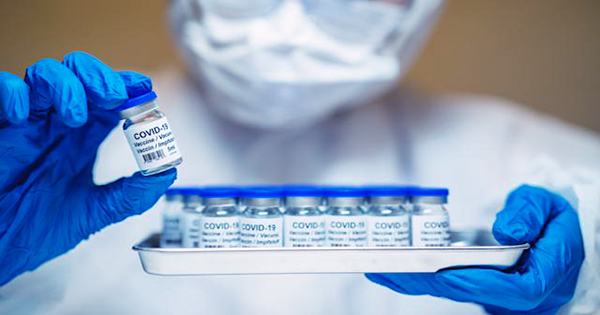A hydrogen analyzer is a device that detects the concentration of hydrogen gas in a given sample. It is a gadget that measures hydrogen concentrations in steels and alloys. It also has industrial applications, such as corrosion monitoring. These analyzers are widely utilized in a variety of industries, including petrochemical, pharmaceutical, power generation, and semiconductor production, where precise monitoring of hydrogen levels is vital for safety, quality control, and process optimization.
There are different types of hydrogen analyzers, including:
- Gas Chromatography (GC): Gas chromatography is a commonly used technique for determining the composition of gas mixtures. A GC-based hydrogen analyzer isolates hydrogen from other gases in a sample using a stationary phase-packed column. The separated hydrogen is then detected and quantified with an appropriate detector.
- Thermal Conductivity Detector (TCD): TCD is a popular detector in gas chromatography for determining the concentration of several gases, including hydrogen. The differential in thermal conductivity between hydrogen and the carrier gas (often helium or nitrogen) is used for detection in TCD-based hydrogen analyzers.
- Electrochemical Sensors: Electrochemical sensors are another type of hydrogen analyzer commonly used for on-site or portable measurements. These sensors employ a chemical reaction involving hydrogen and an electrode to generate an electrical signal proportional to the hydrogen concentration.
- Solid-State Sensors: Solid-state hydrogen sensors rely on the interaction of hydrogen molecules with certain materials, such as metal oxides or polymers. Changes in electrical conductivity, impedance, or other properties of the sensor material are utilized to calculate hydrogen concentration.
Hydrogen analyzers are essential for a variety of purposes, including as monitoring hydrogen levels in industrial processes, maintaining safety in hydrogen handling activities, identifying hydrogen leaks, and determining the quality of hydrogen gas used in fuel cells or other applications. The choice of analyzer is determined by criteria like as sensitivity, detection range, accuracy, portability, and application-specific needs.
